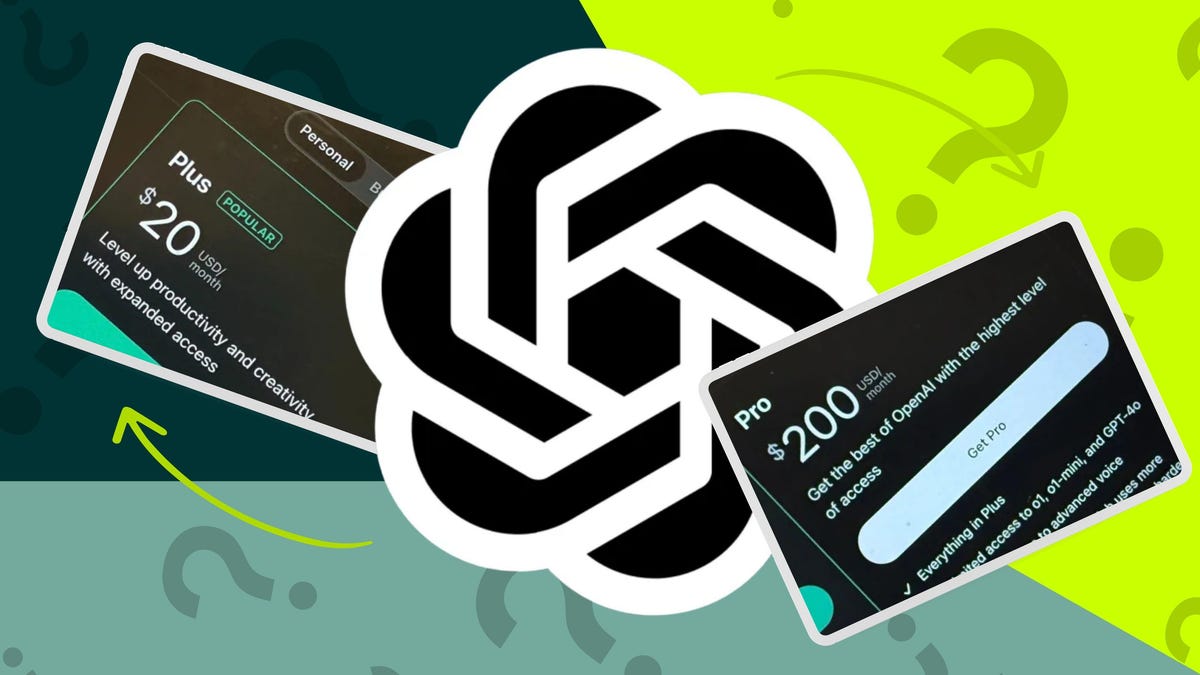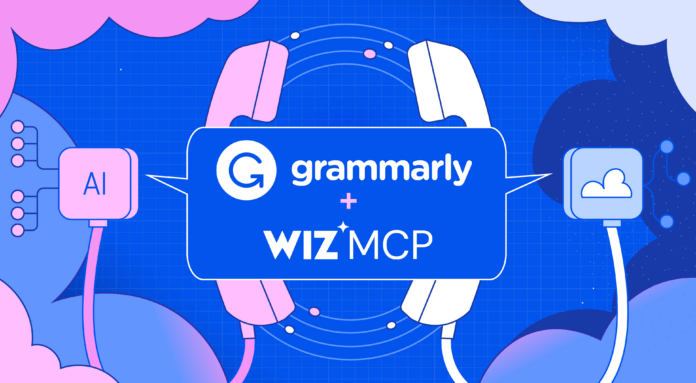Google is introducing a new AI-powered feature in Google Flights called Flight Deals, aimed at simplifying the flight search process for travelers. Rolling out soon in the US, Canada, and India, this tool allows users to find affordable flights by simply describing their trip in a conversational format, eliminating the need for manual filters and adjustments. Users can access Flight Deals easily through a dedicated page or the Google Flights menu.
The feature leverages real-time data from numerous airlines and booking sites to deliver relevant options and price bargains based on user queries, integrating advanced AI capabilities to enhance travel planning. By accommodating flexible travelers, Flight Deals aims to showcase unique destinations and generate tailored suggestions. It is currently in beta, with Google seeking feedback to refine the AI experience. The existing Google Flights will continue to receive updates, including an option to exclude basic economy fares for US and Canadian trips.
Source link








